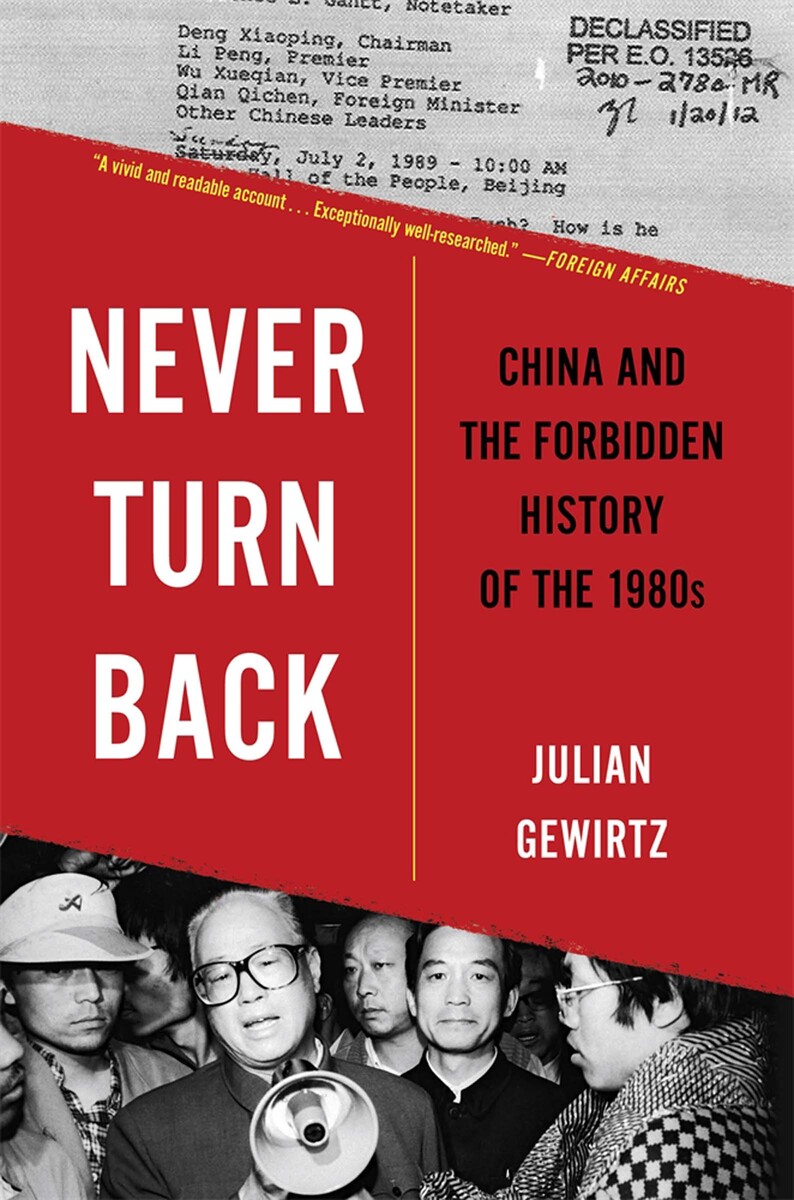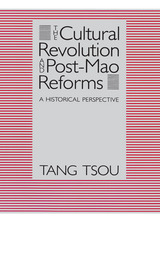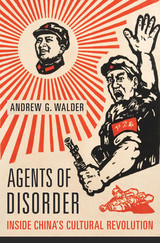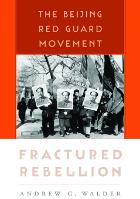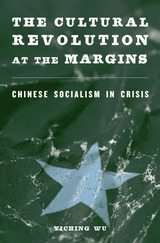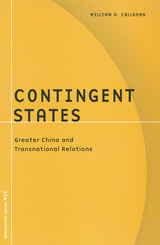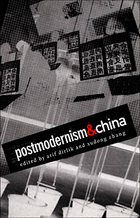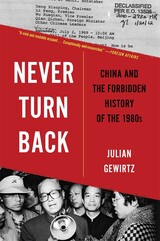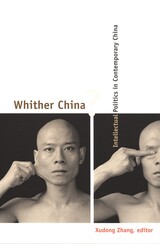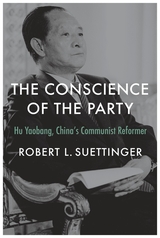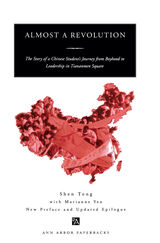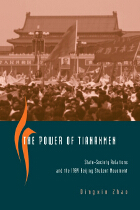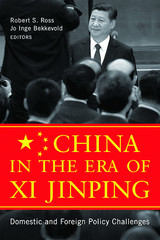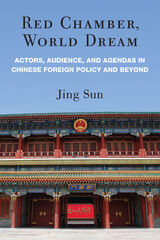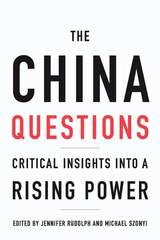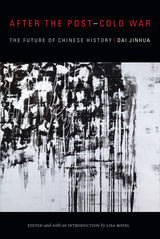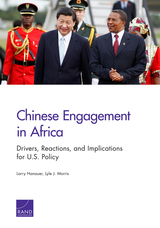A vivid and readable account of the period from Mao’s death until shortly after Tiananmen, with a focus on the role of Zhao [Ziyang]…It is easy to see why Gewirtz believes that had Zhao stayed in power, he would have fundamentally changed China…Exceptionally well-researched.
-- Andrew J. Nathan Foreign Affairs
A richly researched addition to this literature, enhanced by access to internal Chinese documents and interviews with former officials and intellectuals active at the time.
-- The Economist
Excellent…provides the most detailed analysis so far written in English of the intense arguments about China’s political, economic, and social futures that raged throughout the 1980s…A fascinating, authoritative account of the paths for China’s future explored during a decade long buried by official, state-sponsored history.
-- Julia Lovell Foreign Policy
[This book’s] aim is to refresh our understanding of the role played by Zhao in the shaping of modern China as well as to revive his luster as a statesman.
-- Tunku Varadarajan Wall Street Journal
Well-written and accessible to nonspecialist readers, Never Turn Back deserves to become the definitive history of the 1980s’ open-ended political exploration and its suppression.
-- Sabina Knight Los Angeles Review of Books
Gewirtz looks at the road not taken—and a tantalizing glimpse, perhaps, at the political possibilities that remain still.
-- Emily Feng NPR Books
A delectable rehabilitation of a momentous decade…Today, China touts its brand of state capitalism as though it were an item plucked—with supreme foresight and wisdom—from the menu of modernity. Gewirtz debunks this myth and shows us how China came to convince the world of it.
-- Chang Che New Republic
Gewirtz challenges many preconceptions about China and its history…He develops an almost literary arc of a tragic, yet forgotten figure in the character of Zhao Ziyang. In this way, Zhao becomes a metaphor for China itself. It conveys a desire to reform, yet a tragic flaw prevents genuine reform from taking hold.
-- Justin Kempf Democracy’s Paradox
The question of when and how things went wrong in China is also the focus of Julian Gewirtz’s important new book…As Gewirtz shows, the ‘reform and opening’ associated with Deng Xiaoping led not just to an economic transformation but to a period of intellectual turmoil, in which all sorts of hitherto forbidden ideas were debated.
-- Gideon Rachman Financial Times
Gewirtz depicts the critical decade of the 1980s, when China began its economic takeoff, as a time of intellectual ferment and ardent experimentation driven for the most part by two ill-fated lieutenants of Deng, Hu Yaobang and Zhao Ziyang.
-- Howard W. French New York Review of Books
As this robust work of narrative scholarship shows, the Eighties was an era of free-ranging debate and diversity of opinion towards everything from opening the economy to political liberalization, and even the separation of Party and state and an independent judiciary. Gewirtz…illustrates how the upheaval of 1989 retroactively cast China’s illiberal turn as inevitable, while showing that it did not also need to be so.
-- Alec Ash The Wire China
Gewirtz’s richly sourced book is a welcome invitation to revisit the forgotten debates of the 1980s and to further reflect on the significance of the 1989 turning point.
-- Sebastian Veg China Journal
Julian Gewirtz draws on a wealth of sources, including interviews, internal Chinese documents (some still formally classified) and propaganda and censorship directives…Gewirtz’s riveting, persuasive account reveals that modernity was, in ideology, economics and more, a contested concept in China.
-- John Nilsson-Wright Global Asia
At a moment when Xi Jinping has consolidated power in China on a scale not seen since Mao, Julian Gewirtz’s Never Turn Back reminds us of a time when the Chinese Communist Party debated the most fundamental questions of China’s future. It’s a disturbing and important read precisely because the book’s questions seem to have such tragic answers.
-- Ian Bremmer Stay Informed with Ian Bremmer
A landmark work of historical scholarship with profound significance for understanding China today…There is much rich detail in Never Turn Back, for which Gewirtz delved deep into archives, papers, official accounts, diaries and memoirs, some of which have only recently become available. The result is a provocative counter-narrative to the Communist Party’s account of that era.
-- Linda Jaivin Inside Story
As Gewirtz chronicles in his meticulously researched book, the demand for democracy [in China] in the 1980s was not just a call from the streets or from a fringe group of dissident public intellectuals. The argument about what had happened in the Cultural Revolution, why, and how to avoid a recurrence raged through the highest levels of the party for a decade.
-- Isabel Hilton Prospect
[A] lucid new book on the ideological, political and economic debates of the 1980s.
-- Jonathan Chatwin Mekong Review
A gift to our understanding of today’s China. Gewirtz has brilliantly, vividly revealed a hidden history of elite debate over the defining question of modern China: could it ever be both rich and free? This eye-opening examination of China’s tortured relationship with reform repairs our understanding of the 1980s and gives us a powerful lens through which to glimpse the future.
-- Evan Osnos, author of the National Book Award–winning Age of Ambition: Chasing Fortune, Truth, and Faith in the New China
The decade of the 1980s was one of the most transformative in modern China’s history. Yet the story we know about it leaves out a key figure: top Communist leader Zhao Ziyang. Showing how Zhao was crucial to the most important decisions of the time, Gewirtz fundamentally changes our understanding of this period, forcing us to rethink an era that continues to shape our world.
-- Rana Mitter, author of China’s Good War: How World War II Is Shaping a New Nationalism
In my judgment, this is the definitive book on China in the 1980s in terms of the depth of research and originality of the argument. It is also elegantly written and a pleasure to read. Gewirtz debunks the official narrative constructed by the Chinese Communist Party that has erased the critical contributions made by Zhao Ziyang, the reformist leader purged during the 1989 Tiananmen crisis.
-- Minxin Pei, author of China’s Crony Capitalism: The Dynamics of Regime Decay
I lived in 1980s China and covered it for the New York Times, yet I learned so much from Gewirtz’s outstanding, brilliantly researched book about the infighting in that period that resulted in the brutal suppression of the Tiananmen democracy movement. Many of those Chinese debates of the 1980s about political and economic reform persist today in Beijing and will determine the country’s future—and that’s why this book is so important.
-- Nicholas D. Kristof, Pulitzer Prize–winning journalist and coauthor of A Path Appears: Transforming Lives, Creating Opportunity
An enormously important book on how the People’s Republic became the China we know today. Gewirtz not only presents the alternatives to repression and conformity; he explains why the panoply of pluralistic thinking, so rich and vibrant after the death of Mao’s revolution, was destroyed by senior Communist leaders during the 1980s.
-- Odd Arne Westad, author of The Cold War: A World History
A bold and innovative argument about one of the most important policy debates of our time: how China doubled down on autocracy while still developing into an economic and technological superpower. Gewirtz shows how this history was not an inevitable straight line from Deng Xiaoping to Xi Jinping, but was filled with twists and turns. For those seeking to understand China’s rise today, this book is essential reading.
-- Michael McFaul, author of From Cold War to Hot Peace: An American Ambassador in Putin’s Russia
